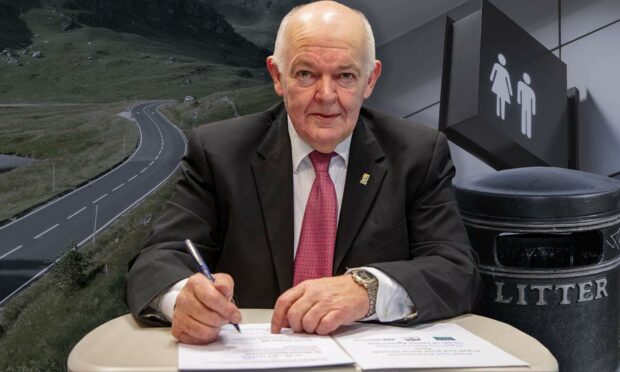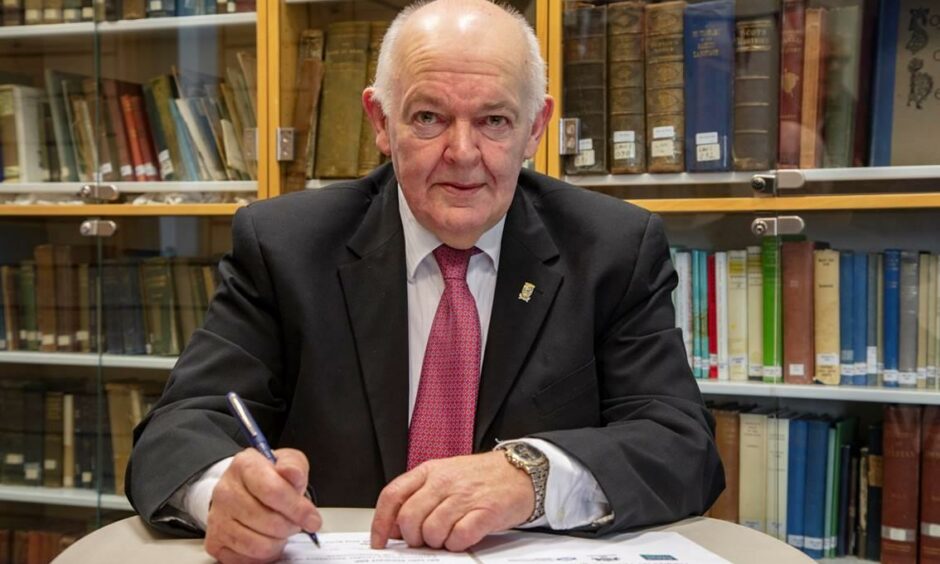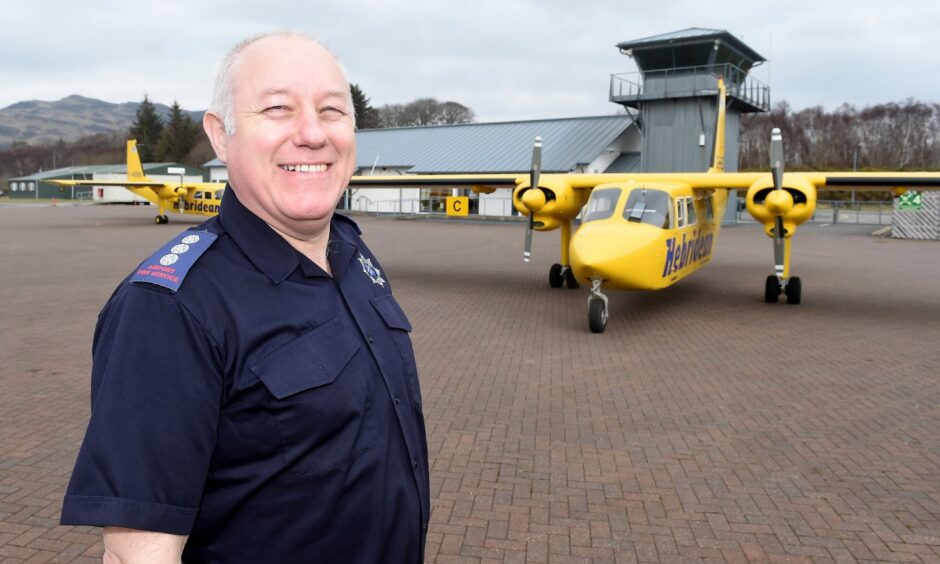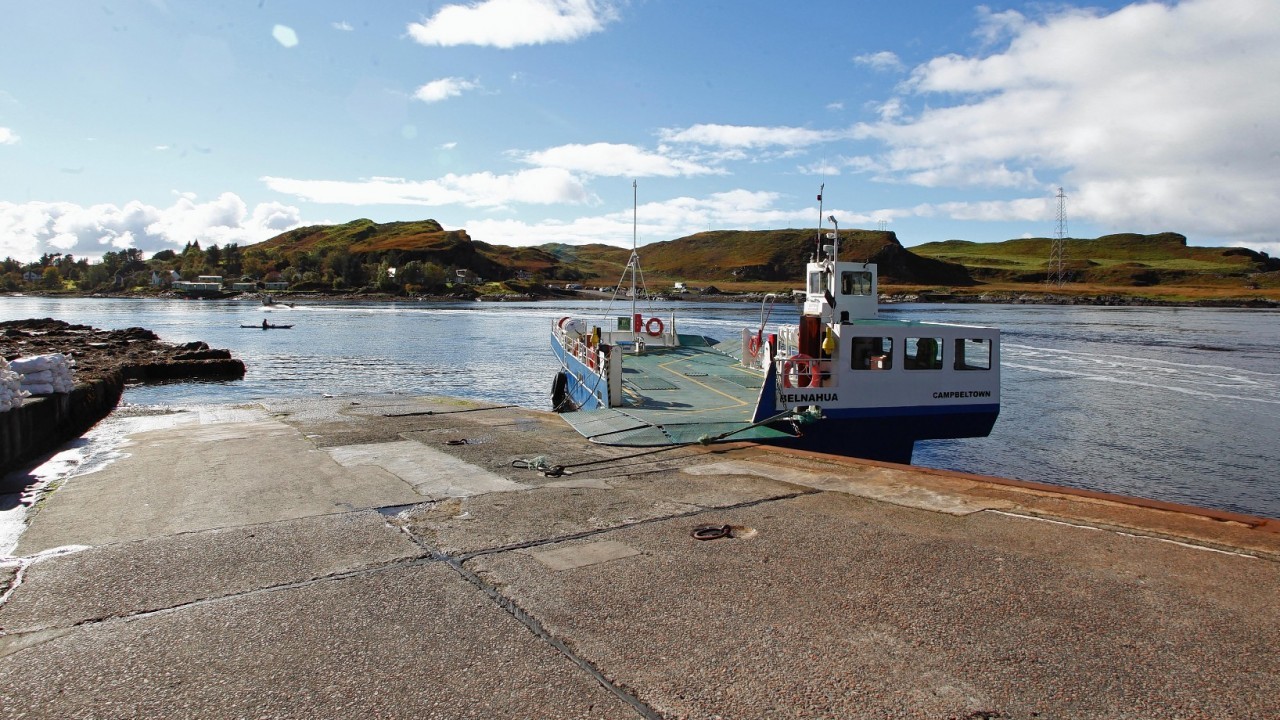The leader of Argyll and Bute Council has warned a rise in council tax may be unavoidable if services are to be saved.
Councillor Robin Currie said that without more support, the authority will face major problems with job losses and fewer opportunities for businesses on the horizon.
Argyll and Bute Council faces a budget gap of more than £12.2million in 2023-24 alone, and of more than £54.5million in 2023-2028.
It has signaled that an increase in council tax could help to save services, admitting “increases cannot be ruled out when the outlook for council funding is so serious”.
Councillors are due to debate its budget proposals in February 23.
‘In tough times people need the council’
Mr Currie, who represents Kintyre and the islands, said: “It’s especially in tough times that our communities need council services.
“And these are tough times – for people dealing for example with the cost of living crisis, and for councils who are working to set their budgets in what has been described as the most difficult budget setting context for years.
“We want to work with the Scottish Government to find solutions. We want to keep on delivering services. Communities need council services. Council services need council funding.”
At the end of 2022, Mr Currie called on residents to speak out about services that the council it provides in a bid to save them from cuts, or from job losses.
What is the picture in Argyll?
A council spokeswoman said it was “impossible for us to do everything our communities want us to”.
The budget gap, reported to councillors in December, was £13.8million rising to £32.1million over five years.
Members were also advised of a pressure on non domestic rates due to re-evaluations, published on November 30 2022, that would increase the gap by £1.2m to £15.0m rising to £33.3m over five years.
Officers say the region faces an additional unique set of challenges such as:
- The fourth largest reduction in real terms from the Scottish Government since 2013/14. Since 2013 funding per head has reduced by £229 in real terms – compared to a Scottish average of £95.
- Geography can make services more expensive to deliver than in other areas.
- Geography means that the area needs the council to deliver services that many other councils do not, such as air and sea transport services.
- Low population reduces funding from sources that depend on population counts.
- Councils, like everyone, are affected by inflation and rising costs – costs of delivering services are going up generally
- The national review of non domestic rates is expected to increase the costs of schools and offices by more than £1million a year.
What about council reserves?
When asked about council reserves, a council spokeswoman said: “Argyll and Bute needs its council for many different things; we support all aspects of people’s lives.
“We need to be able to respond to unplanned events and emergencies and have to have reserves to do that.
“And we can only spend reserves once of course – even if we used them this year, we wouldn’t have them to plug gaps next year or the years after that.
“A large proportion of our reserves relate to external funding for specific projects and finance that is already committed to projects already under way.”
Lose the top jobs
Many people suggest that top heavy management is one of the problems in Argyll and Bute.
Chief executive Pippa Milne has two executive officers, Douglas Hendry, Kirsty Flannigan and chief officer Fiona Davis, and eight heads of department – not including staff at Argyll and Bute Health and Social Care Partnership.
The spokeswoman said: “Reducing management posts is a step we have taken already over a number of years.
“Several years ago we reduced senior posts saving over £500,000. We now have one of the leanest management structures in Scotland.”
She continued: ” Cutting or stopping services is always a last resort. Our priority is to save services as much as possible, although that might mean increasing council tax or fees.”




Conversation